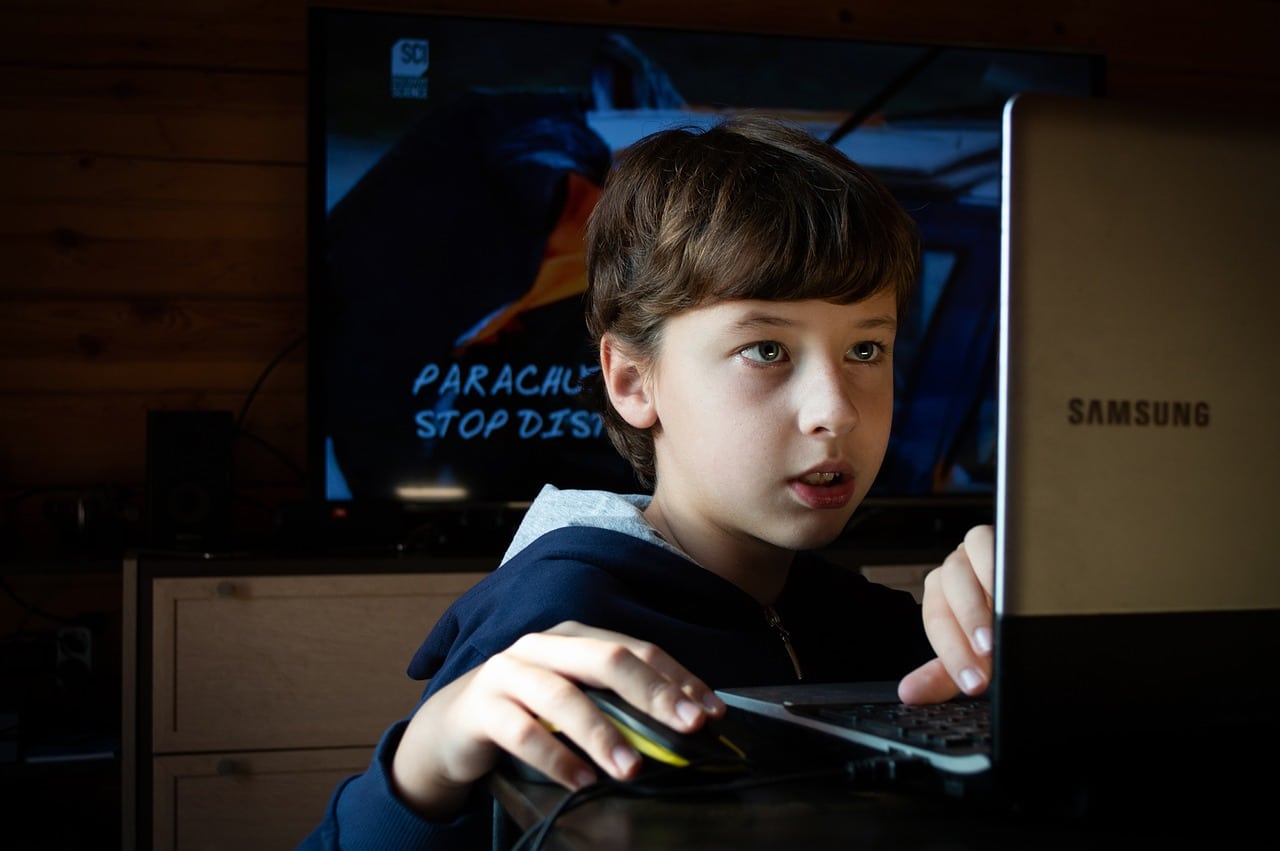
La protection of children on the Internet It is a matter that worries many fathers and mothers, especially since there are many risks that exist, from inappropriate content for reasons of age, to the danger of it falling into the hands of scammers and other criminals. This is the reality that reflects the ExpressVPN survey about the dangers to which minors are exposed in the social media.
The truth is that browsing the Internet in an uncontrolled manner can have serious consequences for children and adolescents. And in a world in which the impact of social networks is growing every day, adopting certain security measures becomes a real necessity.
Unfortunately, these threats are very real and happen every day. These are some of them:
- Cyberbullying and cyberharassment, which as we all know can have terrible consequences.
- inappropriate websites, with pornographic or violent content.
- Malware that infects our computers and puts sensitive data at risk.
In this post we list some of the basic tips to preserve the privacy and online safety of minors. Unfortunately, they will never be completely safe from the threats that exist on the Internet, but by taking the proper precautions, many problems can be avoided.
Basic online safety tips for children

Below is a battery of tips and recommendations to ensure that our sons and daughters' experience on the Internet is as safe as possible. After all, your protection is our peace of mind:
parental control
The configuration of parental controls on the different devices and applications that we use at home is one of the main tools that can help us ensure the protection of minors on the Internet. Thanks to parental control we will be able to manage all these aspects:
- El content to which all members of our family have access.
- Filter specific to block certain applications.
- El Time children's access to the Internet.
- Time limits for online browsing.
The danger of online friendships
We must be very attentive to distinguish our children's friends (from school, from their sports team, from the neighborhood) who are on the internet, either in chat applications or in games, from the "friends" they meet on the networks .
Many times, little ones are not aware of the danger of interacting with virtual friends that they could have bad intentions towards them: they could ask for compromising photos or information, and even encourage them to meet them in person somewhere. For that we are, the adults, warned and distrustful. It is impossible to control everything, but it never hurts to be aware of what our children are doing and constantly warn them about these dangers.
Usernames and passwords
Despite their boundless creativity, children are often naive when it comes to choosing their usernames and passwords. Even if they are warned that the password is private information that they should not share with anyone (much less with virtual "friends"), it is common for them to use the date of their birthday or the name of their pet, their favorite singer, a fictional character etc Data that can be easy to guess and that can open the door to the "bad guys".
To avoid this, children must be encouraged to invent complex passwords and memorize them. Perhaps recommend the help of a password generator. And, of course, insist as many times as necessary that absolutely no one else should know about it.
Use a VPN
If there are children at home, it is highly recommended to use a VPN (Virtual Private Network) or virtual private network, through which online traffic will be routed through a secure channel. Any family member who uses a VPN will be able to browse anonymously: our data will be encrypted and our IP will be hidden. It is a small investment that will provide us with a lot of peace of mind.
talk to children
This is perhaps the most effective advice. More than prohibiting, it is about explaining. Make children understand that the Internet is a wonderful tool, but that it also hides important risks. It is essential that they understand that uploading images, posting innocent comments, setting passwords and in general any action they take online can have unpleasant consequences.
The ideal is to maintain constant communication with our children, talk openly about everything, convey trust and encourage them to come to us in case of any doubt or suspicious situation.
Conclusion
Completely controlling everything that minors do when they browse the Internet is a difficult task, but not impossible. We are lucky to have security tools and systems who can help us. Some of them have been briefly commented on in the previous paragraphs.
However, the main recipe is the communication with children. It is our duty to explain a series of basic concepts in terms of safety and common sense. The risk will always exist, but it is in our hands to try to minimize it.